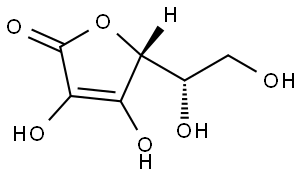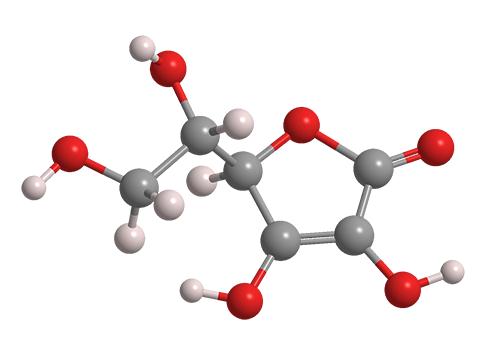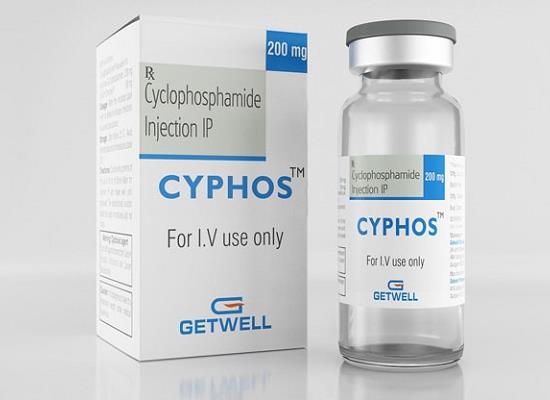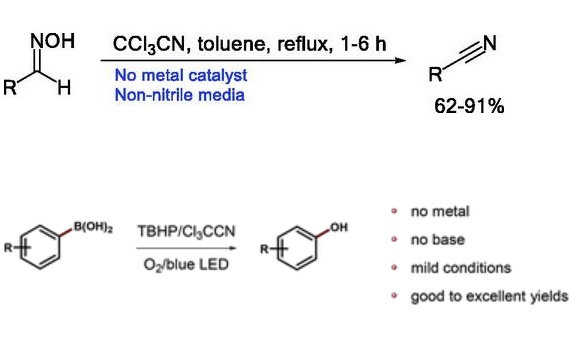What are the diseases treated by Ascorbic Acid?
Ascorbic Acid and Diseases
Ascorbic Acid, also known as Vitamin C, is a water-soluble antioxidant found in a variety of fruits and vegetables. It is a powerful antioxidant that plays a vital role in many physiological processes in the body and is also linked to many diseases.

Cardiovascular Disease
Studies have shown that vitamin C, through its antioxidant properties, can hinder the onset and progression of atherosclerosis. It helps prevent damage to some of the LDL cholesterol, which then builds up as plaque in the arteries and can lead to a heart attack or stroke. Other studies suggest that vitamin C may help keep arteries flexible. In addition, people with low levels of vitamin C may be more likely to develop heart disease, stroke, or peripheral artery disease, which are all potential results of atherosclerosis.
However, with the exception of one study of people with cardiovascular disease, vitamin C supplementation led to significant increases in vitamin C levels in people with and without cardiovascular disease. The study also found that healthy populations had high baseline and post-intervention vitamin C levels compared to CVD populations. There is no evidence that taking vitamin C supplements helps and more clinical data is needed to support this.
Cancer Prevention and Therapy
In cancer, vitamin C is associated with prevention, progression, and treatment, due to its general properties or its role as a pro-oxidant at high concentration. Vitamin C intake from natural sources can prevent the development of pulmonary and breast cancer, and that vitamin C synergizes with gemcitabine and erlotinib in pancreatic cancer. In vitro assays reveal that vitamin C synergizes with DNA-methyl transferase inhibitors. However, vitamin C was not associated with cancer prevention in a Mendelian randomized study. In conclusion, the role of vitamin C in the prevention and treatment of cancer is still an ongoing area of research. It is necessary that new phase II and III clinical trials be performed to collect stronger evidence of the therapeutic role of vitamin C in cancer.
Depressive Symptoms
Vitamin C is a water-soluble antioxidant. Reducing oxidative stress levels can alleviate depression. A survey of National Health and Nutrition Examination data from 2007-2018 found that dietary vitamin C intake was negatively associated with the risk of depressive symptoms in the 18-39 and 40-59 year old female cohorts. A dose-response analysis showed a non-linear relationship between dietary vitamin C intake and risk of depressive symptoms. In the general population, dietary vitamin C intake and vitamin C intake from vegetables were negatively associated with the risk of depressive symptoms. Therefore, it is recommended to increase the intake of vegetables in the daily diet.
Other Diseases
Vitamin C is known for its immune-boosting properties. It stimulates the production and function of white blood cells, such as lymphocytes and phagocytes, which are an important part of the immune system and protect the body from infection. While ascorbic acid does not prevent the common cold, it is often used as a supplement to reduce the duration and severity of cold symptoms, especially when taken during a flare-up.
Vitamin C enhances the absorption of non-heme iron from plant sources in the digestive tract. Consuming vitamin C-rich foods or supplements together with iron-rich foods improves iron absorption and helps prevent iron-deficiency anaemia. Some studies suggest that vitamin C may have a mild antihistamine effect, which may help reduce allergy symptoms and improve asthma control. In addition, ascorbic acid is used in skin care products for its antioxidant properties and ability to promote collagen synthesis. It may help protect the skin from oxidative damage caused by UV radiation and environmental pollutants, helping to make the skin look younger.
References:
[1] MARCELO VILLAGRAN. The Role of Vitamin C in Cancer Prevention and Therapy: A Literature Review.[J]. Antioxidants, 2021. DOI:10.3390/antiox10121894.
[2] BIANCA J COLLINS. Effect of Dietary or Supplemental Vitamin C Intake on Vitamin C Levels in Patients with and without Cardiovascular Disease: A Systematic Review.[J]. Nutrients, 2021. DOI:10.3390/nu13072330.
[3] ANNI WANG. Dietary Vitamin C and Vitamin C Derived from Vegetables Are Inversely Associated with the Risk of Depressive Symptoms among the General Population.[J]. Antioxidants, 2021. DOI:10.3390/antiox10121984.
);You may like
Related articles And Qustion
Lastest Price from Ascorbic Acid manufacturers
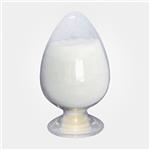
US $15.00/kg2024-04-26
- CAS:
- 50-81-7
- Min. Order:
- 20kg
- Purity:
- 99%
- Supply Ability:
- 5000kg/week
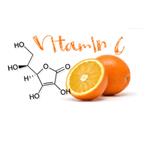
US $15.00/kg2024-04-26
- CAS:
- 50-81-7
- Min. Order:
- 20kg
- Purity:
- 99%
- Supply Ability:
- 5000kg/week
